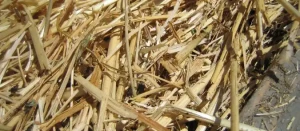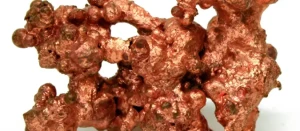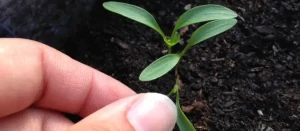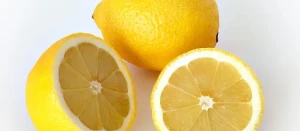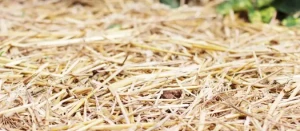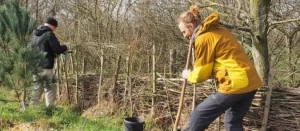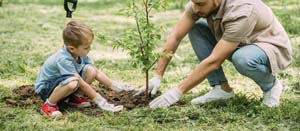SEARCH RESULTS > ARTICLES > Area
The no-dig method, also known as no-till gardening, is a sustainable and organic approach to cultivating vegetables without disturbing the soil structure. This gardening technique has gained popularity among gardeners due to its numerous benefits for soil health, plant growth, and overall garden productivity. Unlike traditional gardening methods that involve tilling, digging, and turning the soil, the no-dig method emphasizes minimal soil disturbance. Instead of breaking up the soil, gardeners layer organic materials on top of the ground to create nutrient-rich soil beds where plants can thrive. By implementing the no-dig method, gardeners can improve soil structure, enhance soil fertility, and promote beneficial soil organisms such as earthworms and microorganisms. Additionally, this approach helps to conserve water, reduce weed growth, and minimize soil erosion. Learn More
Electroculture gardening, an age-old practice gaining renewed attention, involves the application of electrical stimulation to enhance plant growth, health, and productivity. This innovative technique harnesses the power of electrical fields to optimize soil conditions and promote vibrant, resilient plants. Learn More
Starting seeds indoors is a rewarding way to kickstart your spring garden. By sowing seeds indoors, you gain greater control over the germination process, extend your growing season, and ensure stronger, healthier plants when it's time to transplant them outdoors. Whether you're a seasoned gardener or just starting out, this comprehensive guide will walk you through the steps to successfully start seeds indoors and set the stage for a bountiful garden. Learn More
Benefits of Worms in Soil. Worms are invaluable to gardeners for various reasons. They enhance soil structure, increase nutrient availability, and promote microbial activity. One of their lesser-known benefits is their role in regulating soil pH. Learn More
Welcome to our comprehensive guide on soil aeration in your garden! As gardeners, we understand the vital role that soil health plays in the success of our plants. Soil aeration is a fundamental practice that directly impacts the well-being of our gardens and the growth of our beloved plants. In this article, we will delve deep into the importance of soil aeration, explore various methods and tools for aerating your soil effectively, provide practical tips for incorporating soil aeration into your gardening routine, and offer insights into why this practice is essential for cultivating healthy, thriving plants. Whether you're a seasoned gardener or just starting your gardening journey, understanding soil aeration is key to nurturing vibrant gardens and achieving bountiful harvests. Join us as we explore the world beneath our feet and discover the secrets to unlocking the full potential of your garden soil! Learn More
Cover crops are an essential aspect of sustainable gardening. These crops, also known as green manure, are planted primarily to improve soil health, enhance fertility, control weeds, and prevent erosion. Learn More
Edible forest gardens, rooted in the principles of permaculture, offer a sustainable and regenerative approach to gardening that mimics the structure and function of natural ecosystems. These gardens are designed to be not only beautiful but also productive, providing a diverse range of edible plants while enhancing ecological balance. In this article, we explore the concept of edible forest gardens and delve into the permaculture practices that make them flourish. Learn More
Planting a tree is a rewarding and beneficial activity for both the environment and your landscape. However, it's crucial to follow the right steps to ensure the tree establishes itself and thrives. In this guide, we will walk you through the essential steps to plant a tree the right way, from selecting the right species to post-planting care. Learn More
